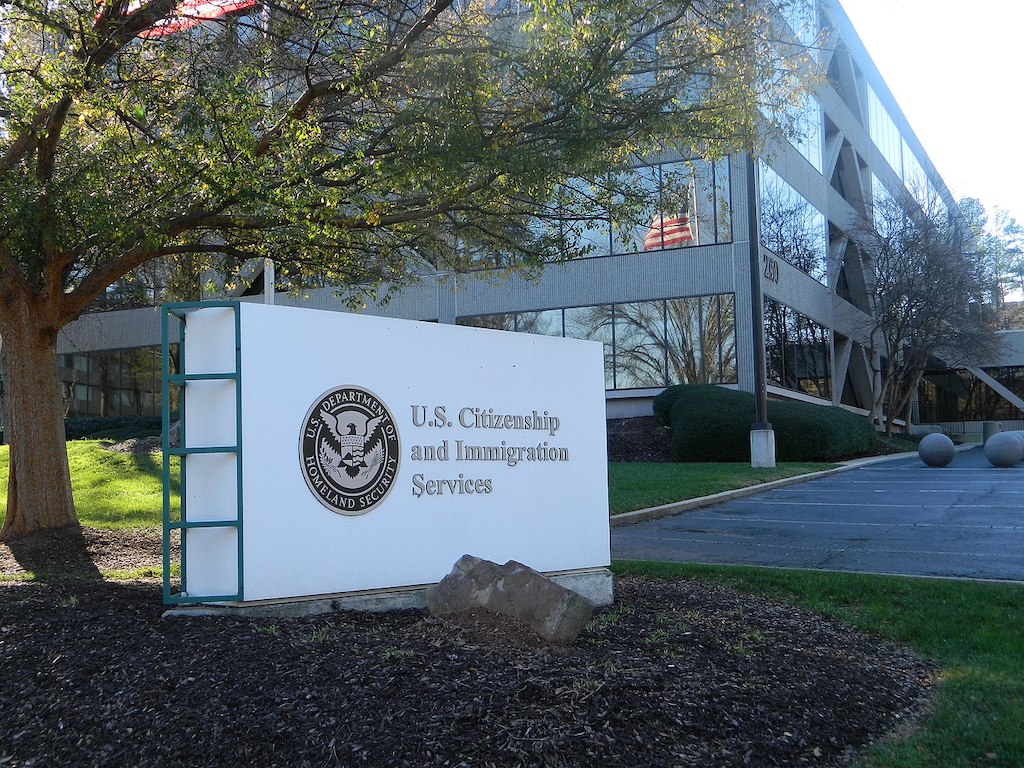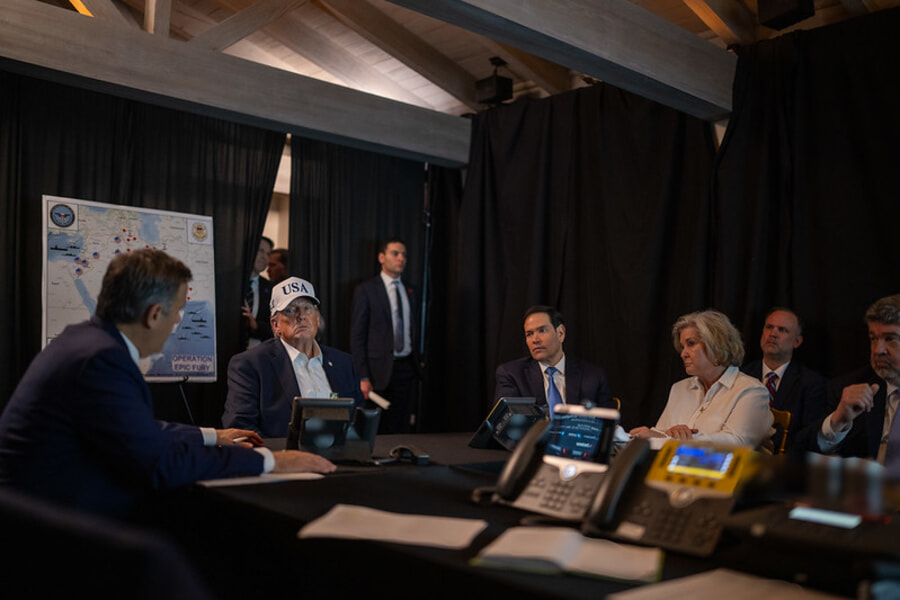Ken Cuccinelli and the Federal Vacancies Reform Act of 1998
The last time I wrote about the Trump administration’s abuse of the Federal Vacancies Reform Act (FVRA) of 1998, I opened with Yogi Berra’s famous quip that “it’s like déjà vu all over again

The last time I wrote about the Trump administration’s abuse of the Federal Vacancies Reform Act (FVRA) of 1998, I opened with Yogi Berra’s famous quip that “it’s like déjà vu all over again.” Two months later, maybe the 1993 movie “Groundhog Day” is a better frame. To make a long story short, the administration has installed former Virginia Attorney General Ken Cuccinelli (who apparently has no meaningful chance of formal Senate confirmation) as acting director of the Bureau of Citizenship and Immigration Services (USCIS). And although the manner in which President Trump pulled this off may not violate the plain letter of the FVRA, it certainly can’t be reconciled with the law’s spirit.
As I’ve explained at rather embarrassing length before, the FVRA, when not superseded by other statutes, gives the president a choice of three options with which to temporarily fill vacancies in senior government positions. The president may choose the “first assistant” to the vacant office, choose anyone currently holding a Senate-confirmed position in the executive branch, or choose a non-Senate-confirmed senior employee who has been serving in the same agency as the vacant office for at least 90 of the previous 365 days. Congress thereby gave the president far more flexibility than it probably meant to (and certainly more than it needed to), perhaps assuming that presidents would act responsibly—and that politics would prevent the president from taking advantage of the broad flexibility provided by the statute as a structural end-run around the Senate’s constitutional advise-and-consent role.
Enter, President Trump. We’ve already seen … creative … interpretations of the FVRA (especially as it relates to other agency statutes) with regard to the appointment of Mick Mulvaney as acting director of the Consumer Financial Protection Bureau, Robert Wilkie as acting secretary of veterans affairs, and Matthew Whitaker as acting attorney general (not to mention how Kevin McAleenan became acting secretary of homeland security). But the Cuccinelli appointment is taking advantage of an entirely different—and more problematic—loophole.
Although the director of USCIS holds an office created by statute, the same does not appear to be true of the deputy director. Instead, that position is an internal position created by executive branch regulation (and currently held by Mark Koumans, who, as the “first assistant” until now, had been serving as acting director of USCIS for the past week). Apparently, Cuccinelli has been named to the brand-new position of principal deputy director of USCIS, a role that, so far as I can tell, did not exist before today. Presumably, the new staff position of principal deputy director will supersede the deputy director as the first assistant for purposes of the FVRA. (Some statutes expressly identify which position in specific agencies is the first assistant, but no such statute does in this case.) In other words, through nothing other than internal administrative reshuffling—creating a new position and deeming it the first assistant—the Trump administration was able to bootstrap Cuccinelli into the role of acting director, even though, until today, he had never held any position in the federal government.
The FVRA does not speak directly to this kind of move. Instead, all it does is prevent the first assistant from being nominated to hold the vacant office on a permanent basis unless he or she has spent at least 90 of the 365 days prior to when the vacancy arose as the first assistant. In other words, the provision is designed to prevent exactly this move when it’s pursued in order to help turn a nominee into a de facto incumbent. But all that means is that Cuccinelli could not continue to serve as acting director if he’s nominated to hold the post on a permanent basis. That’s why Solicitor General Noel Francisco had to step down as acting solicitor general while his (ultimately successful) nomination was pending.
Although the text of the statute doesn’t prohibit this maneuver, the Office of Legal Counsel (OLC) suggested in 1999 that “the better understanding is that you must be the first assistant when the vacancy occurs in order to be the acting officer by virtue of being the first assistant.” Two years later, OLC reversed itself and wrote that the 1999 opinion, which did not “definitively resolve” the issue, would render superfluous the FVRA’s ban on the nomination on a permanent basis of an acting officer who hadn’t previously served as first assistant. Some of the analysis in that later opinion may be hard to square with the Supreme Court’s subsequent ruling in the Southwest General case, but at least the currently binding OLC analysis supports this measure.
All of which is to say, Cuccinelli’s appointment is probably not an outright violation of the FVRA. But in that respect, it only underscores how poorly drafted the FVRA is—and how easy it is for administrations not as readily subject to conventional political checks to take advantage of its open-endedness. By this logic, nothing would prevent naming anyone, at any time, to run almost any senior agency for as long as the FVRA allows—a minimum of 210 days and perhaps more depending on when a permanent successor is nominated. There are obvious ways to fix the FVRA to prevent this president (or his successors) from similarly bypassing the Senate’s role in cases like these. The problem is finding the bipartisan political willpower in Congress to adopt them.




